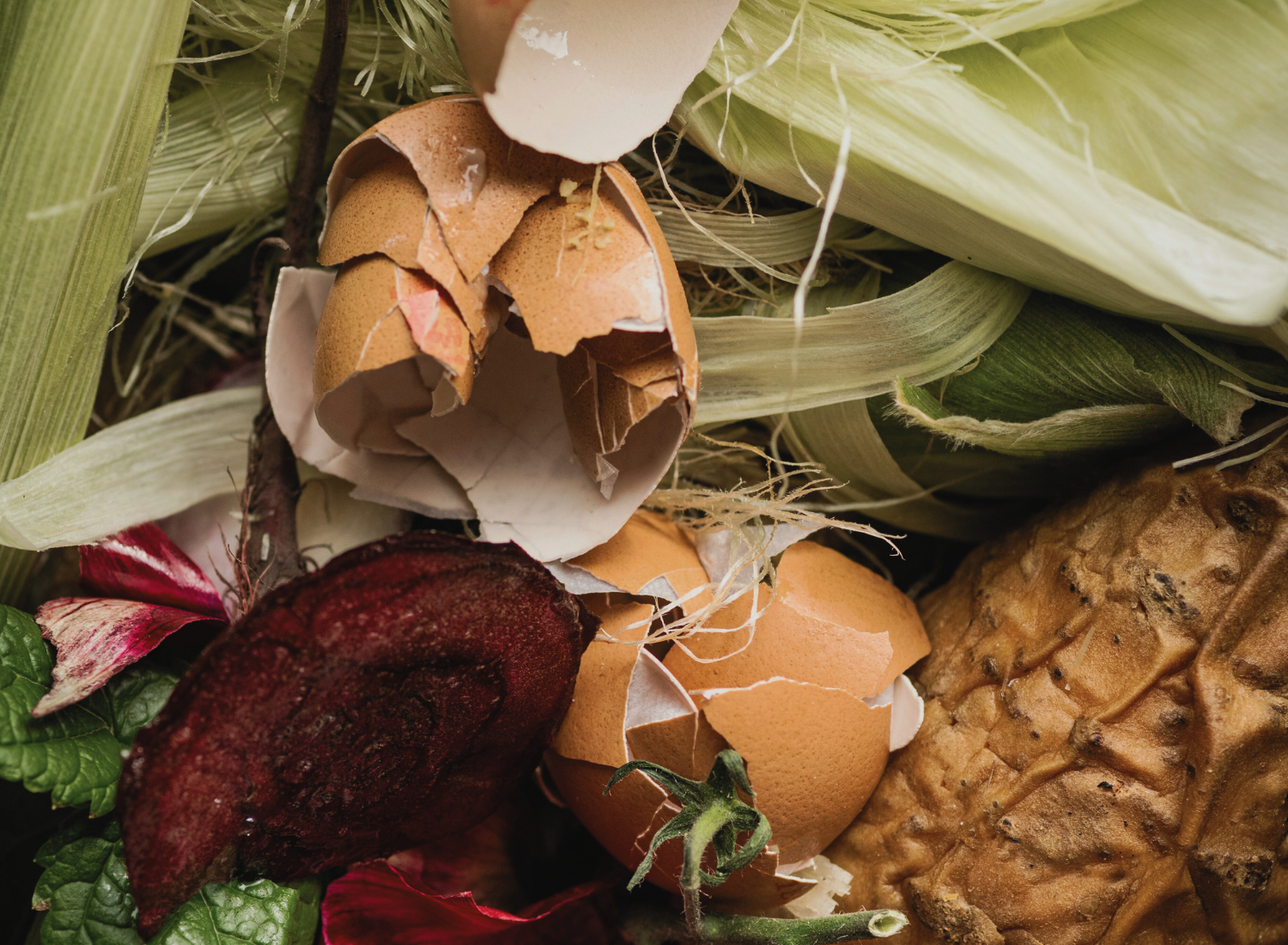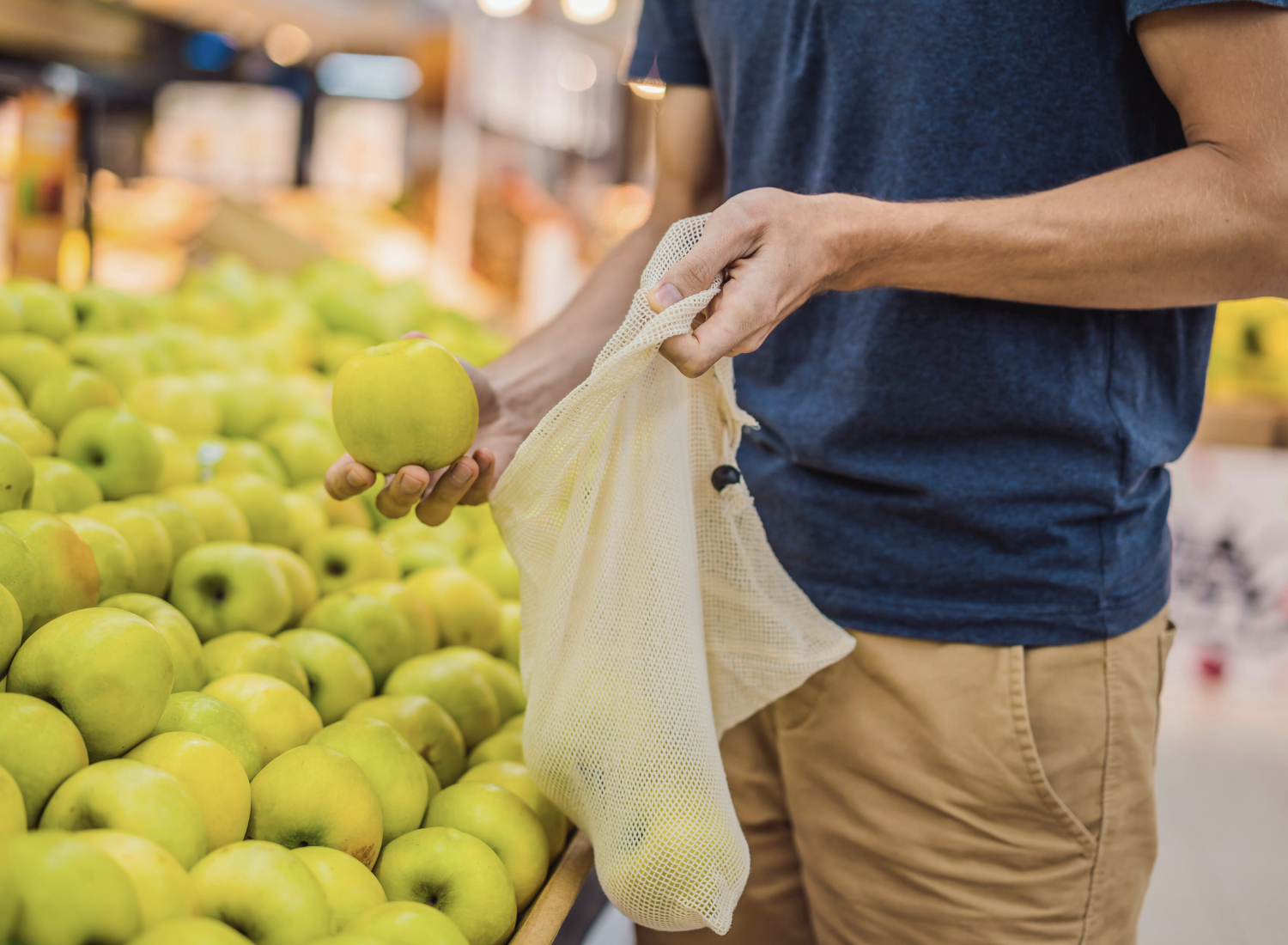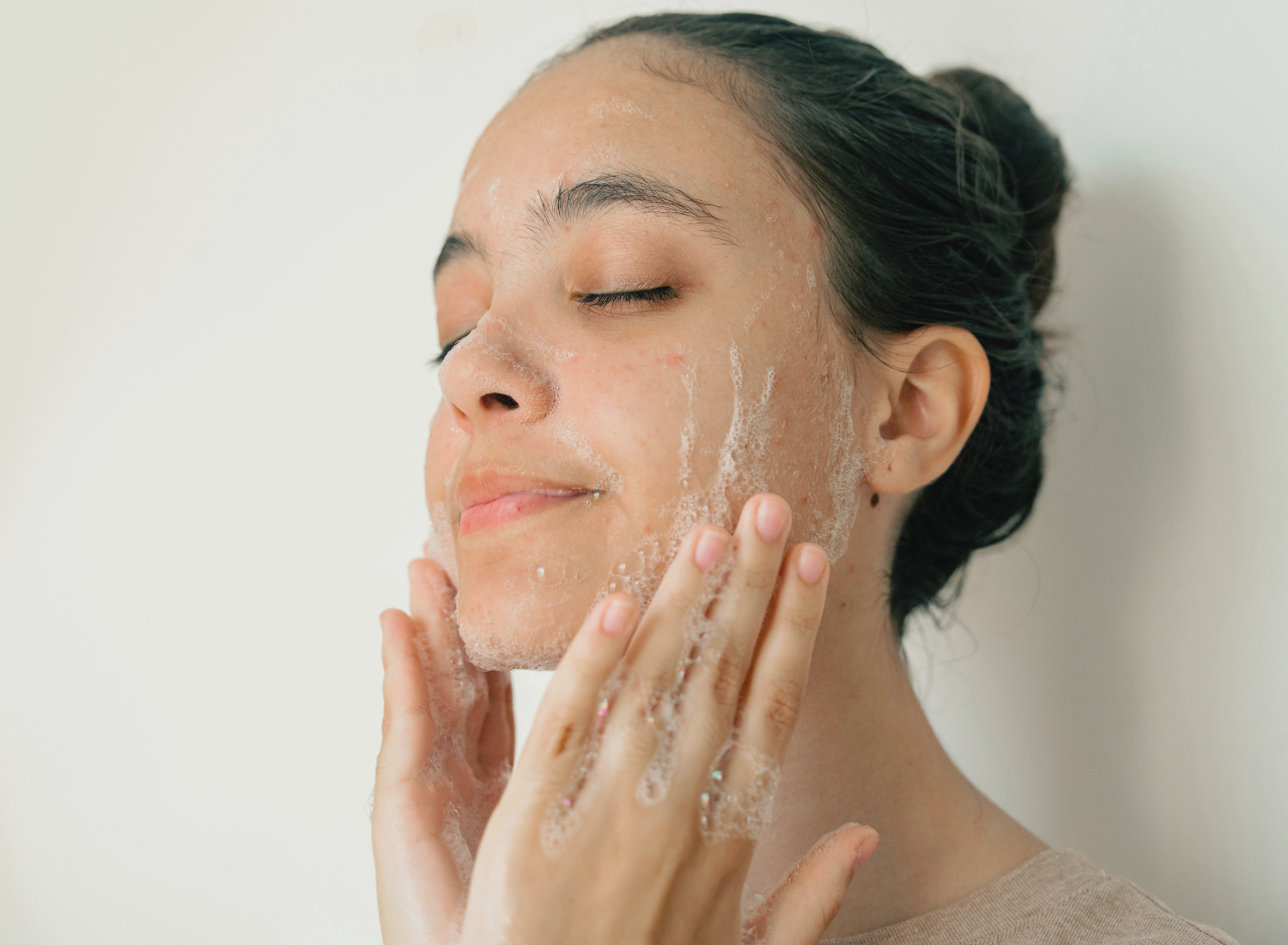WRITTEN BY MARA FASANO

The beauty industry is changing thanks to our desire for natural and organic ingredients in everyday beauty products. The desire for an effective, environmentally friendly, and health-conscious skincare routine mainly focuses on avoiding synthetic chemicals. While many are familiar with terms like natural cosmetics and organic skincare, there is still some confusion around them.
In this article, we’ll explore the meaning of organic farming, the difference between natural and organic ingredients in personal care products, and the benefits of using organic farming ingredients in beauty products for you and the planet.
What is Organic Farming?
A strict definition of organic farming has been developed and promoted by the International
Federal of Organic Agriculture Movements ( IFOAM ):
Organic Agriculture is a production system that sustains the health of soils, ecosystems, and people. It relies on ecological processes, biodiversity, and cycles adapted to local conditions rather than the use of inputs with adverse effects. Organic Agriculture combines tradition, innovation, and science to benefit the shared environment and promote fair relationships and a good quality of life for all involved.
This means that organic farming is an agricultural practice that avoids using synthetic fertilizers, pesticides, genetically modified organisms (GMOs), and other artificial additives. It relies on natural processes and cycles to maintain soil health, enhance biodiversity, and promote ecological balance.
Understanding organic farming empowers you to make informed choices about the beauty products you use and their certification. It’s important to know that organic ingredients are different from natural ones. Just because a product contains a natural ingredient does not mean it is organic.
What Is the Difference Between Natural and Organic?
“Natural product” refers to ingredients derived from natural sources such as plants, minerals, and flowers. As per some certification bodies, the term stands for:
- Ingredients that come from plants, flowers and mineral origins found in nature
- No genetically modified (GMO) ingredients
- No parabens, sulphates or other harmful substances
- Limited or no petrochemical ingredients
- Never tested on animals
Conversely, “organic” refers to how these ingredients are cultivated, considering the soil, ecosystems, animals, and people involved. So, an organic beauty product contains ingredients grown on an organic farm without fertilizers and using fewer or no pesticides.
The personal care products industry is largely unregulated despite the difference, so these words have little meaning. The term “organic” is regulated in the US, EU, UK, and Australia but is not the same as “natural.” The FDA Certified Organic seal only applies to food, not personal care products, so don’t trust marketing terms or greenwashing!
Natural doesn’t mean organic unless you see a certified label on the product. So, if you want to be sure about the ingredients, look for a symbol from an independent certifier such as USDA Organic, COSMOS Organic, and Ecocert . These are vital in reassuring consumers of a brand’s commitment to sustainable practices as they require stringent standards, including sustainable packaging and ethical sourcing practices.
Still a bit confused by the difference? We can safely assume that an organic product has between 95% and 100% chemical-free ingredients, while a natural product usually has around 50% to 70%.
The Benefits of Organic Farming in Your Beauty Ingredients
Embracing organic beauty in your skincare, hair, and wellness routines positively affects you and the planet. Here are the six key benefits of using beauty products with organic farming-certified ingredients:
- Kind to our planet: Organic farming practices are designed to be sustainable and environmentally friendly, reducing pollution and minimizing the impact on wildlife and ecosystems. Additionally, crop rotation and composting improve soil fertility and reduce the need for water, making organic farming more sustainable in the long run.
- Gentle on your skin: Since organic agriculture prohibits synthetic chemicals, the risk of harmful residues in beauty ingredients is significantly reduced, and they are less likely to cause skin irritation or other adverse reactions.
- Respect biodiversity: Organic farms have higher biodiversity than conventional farms, with healthier ecosystems that, in terms of beauty ingredients, mean a wider variety of plants and herbs that can be used in formulations, potentially leading to more innovative and effective products.
- Boost with nutrient-rich ingredients: A study published in the British Journal of Nutrition found that organic crops had significantly higher concentrations of antioxidants than conventionally grown crops. These antioxidants, such as polyphenols and flavonoids, are highly beneficial for skin health, helping to reduce inflammation and protect against UV damage.
- Safe for your health: A study in Environmental Research indicated that people who consume organic produce have significantly lower levels of pesticide residues in their bodies. This is crucial for beauty products, as lower pesticide residues mean a reduced risk of skin irritation and other health issues related to chemical exposure.
- Support cruelty-free practices: Since animal welfare requirements are part of every organic standard and organic farmers put animals’ welfare at the core of their activities, organic beauty products are 100% free of harmful and malicious practices.
The green beauty movement significantly shifts how we select beauty products. Being part of it ensures that brands increasingly source their ingredients from organic farms, thus guaranteeing that their products are effective, environmentally friendly, and safe for long-term use.
The profound impact of organic farming on beauty ingredients extends beyond personal health to encompass environmental sustainability and ethical practices. Choosing products made with organic ingredients is an investment in your beauty and a commitment to a healthier planet.

Mara Fasano is an Italian content writer specializing in sustainability, multilingual communications, and localization. She loves literature, art, and traveling and dreams of living on a sailing boat to explore the Mediterranean. You can connect with Mara on LinkedIn and visit her blog, or online portfolio.



